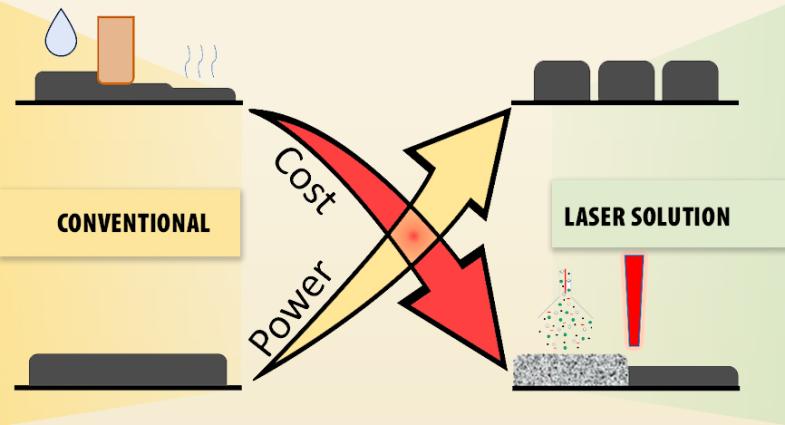2022-06-30 スウェーデン王国・チャルマース工科大学

・ チャルマース工科大学が、様々な廃棄物に含まれる炭素原子を使ってプラスチックの原料を作製する、熱化学リサイクル技術を開発。
・ 新しいプラスチックの製造に必要となる化石燃料原料を代替し、プラスチックの循環経済の創出を目指す。再生可能エネルギーの利用により、現行システムに比べて 95%超の CO2 排出削減も可能となる。
・ 新技術では、食品残渣の有無に関わらず、プラスチック、紙や木材等の様々な廃棄物に含まれる炭素原子を利用して、化石燃料原料製のものと同様の種類・品質のプラスチックの原料を作る。
・ 混合廃棄物を 600~800℃で加熱してガス化させ、水素を加えてプラスチックの構成要素を生成するため、化石燃料やガスからプラスチック製品を製造している既存の工場が利用できる。
・ 新技術の原理は、植物が CO2 に分解されて太陽等のエネルギー源と光合成と共に新たに植物を作る、自然の炭素サイクルに着想したもの。大気に頼らずにプラスチック製造に必要な全炭素を廃棄物から取り出し、熱と電気でリサイクルできる。
・ 太陽光、風力や水力等の再生可能エネルギー源が利用でき、現行システムに比べエネルギー効率に優れる。また、リサイクルプロセスから余剰の熱を抽出することも可能なため、現在は廃棄物の燃焼で得ている、循環システムにおける熱の生成を補いながら、エネルギー回収に伴う CO2 の排出をゼロにする。
・ 本研究は、研究資金をスウェーデンエネルギー庁が 50%、ボレアリス社およびプリーム社がそれぞれ 25%を提供する 5 年間の FUTNERC プロジェクトの一環として実施された。同プロジェクトでは、化学産業の変容を加速させて、2050 年までに製油所や化学工場からの温室効果ガス排出ゼロを目指している。
URL: https://news.cision.com/chalmers/r/pioneering-recycling-turns-mixed-waste-into-premium-plastics-with-no-climate-impact,c3593248
<NEDO海外技術情報より>
関連情報
Journal of Cleaner Production 掲載論文(フルテキスト)
Co-recycling of natural and synthetic carbon materials for a sustainable circular economy
URL: https://www.sciencedirect.com/science/article/pii/S0959652622022739?via%3Dihub
Abstract
Circular economy approaches are commonly depicted by two cycles, where the biological cycle is associated with regeneration in the biosphere and the technical cycle with reuse, refurbishment, and recycling to maintain value and maximize material recovery. This work, instead, presents an alternative vision to the management of carbon-based materials that integrates the two cycles and enables the phasing-out of fossil carbon from the material system. The aim is to investigate the benefits and global potential of a co-recycling system, as an alternative to conventional recycling systems that separate biomass-based materials (e.g., wood, paper) from fossil-based materials (e.g., plastics). Thermochemical recycling technologies enable the conversion of carbon-based waste materials into high-quality synthetic products, promoting circularity and avoiding carbon losses such as carbon emissions and waste accumulation in landfills and nature. Here, the construction and analysis of co-recycling scenarios show how the deployment of thermochemical recycling technologies can decouple the material system from fossil resource extraction. Furthermore, energy use is reduced if pyrolysis and/or gasification are included in the portfolio of recycling technologies. In a decarbonized energy system, deployment of co-recycling can lead to near-zero carbon emissions, while in more carbon-intensive energy systems the choice of thermochemical recycling route is key to limiting carbon emissions.



